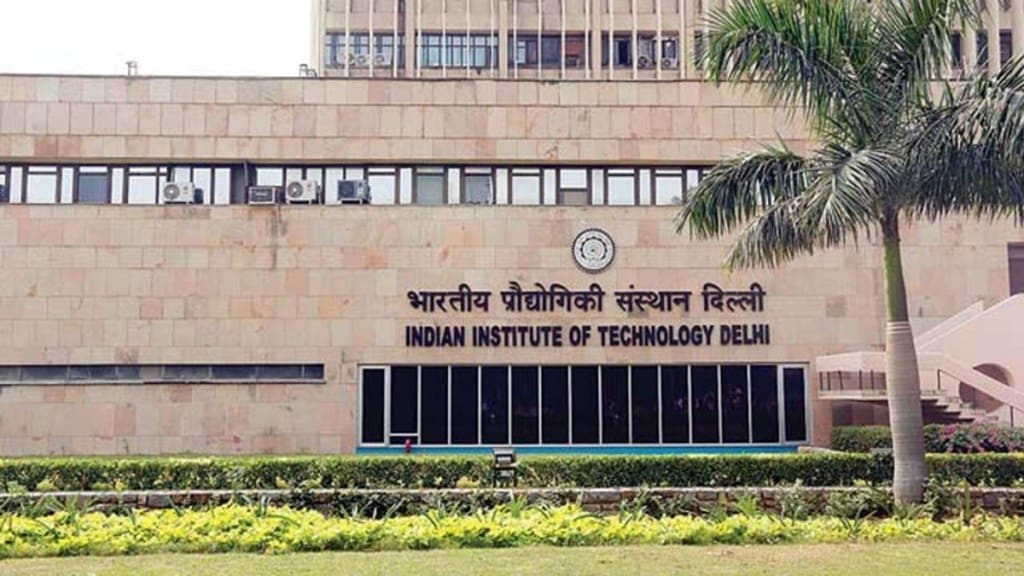India has made a historic stride in global higher education as the QS World University Rankings 2026 features a record 54 Indian institutions, making India the fourth most represented country on the prestigious list after the United States, the United Kingdom, and Mainland China.
Leading the Indian charge is the Indian Institute of Technology (IIT) Delhi, which surged more than 70 spots in two years to reach 123rd rank, sharing the position with Georgia Institute of Technology, USA. This leap is attributed to IIT Delhi’s strong performance in Employer Reputation (50th), Citations per Faculty (86th), Academic Reputation (142nd), and Sustainability (172nd).
Prime Minister Narendra Modi praised the achievement, saying, “The QS World University 2026 Rankings bring great news for our education sector. Our Government is committed to furthering research and innovation ecosystems for the benefit of India’s youth.”
Union Education Minister Dharmendra Pradhan also lauded the milestone, calling it a “new high” for Indian academia.
While IIT Bombay slipped slightly to 129th position from last year’s 118th, it retained a top global rank in Employer Reputation, standing at 39th.
India’s performance is unmatched globally this year, with eight new universities added to the rankings. According to QS, no other country added as many institutions, placing India ahead of countries like Jordan and Azerbaijan, which added six each.
Jessica Turner, CEO of QS, noted, “India is rewriting the global higher education map. The drive to expand both access and quality is not just an education agenda, it is a national imperative.”
India’s remarkable rise is also backed by statistics: in just a decade, the number of Indian universities featured in QS rankings has grown from 11 to 54, marking a 390% increase—the fastest among G20 nations.
Among other top risers is IIT Madras, which jumped 47 spots to break into the top 200 for the first time at 180th rank. All three private Institutes of Eminence also improved their positions, with Shoolini University (503rd) and Chandigarh University (575th) ranking ahead of BITS Pilani (668th).
Ashwin Fernandes, QS Regional Director, stated, “With increasing global engagement, investment in research, and a sharp focus on employability, Indian universities are aligning more closely with the expectations of a rapidly evolving knowledge economy.”
(With inputs from PTI)
